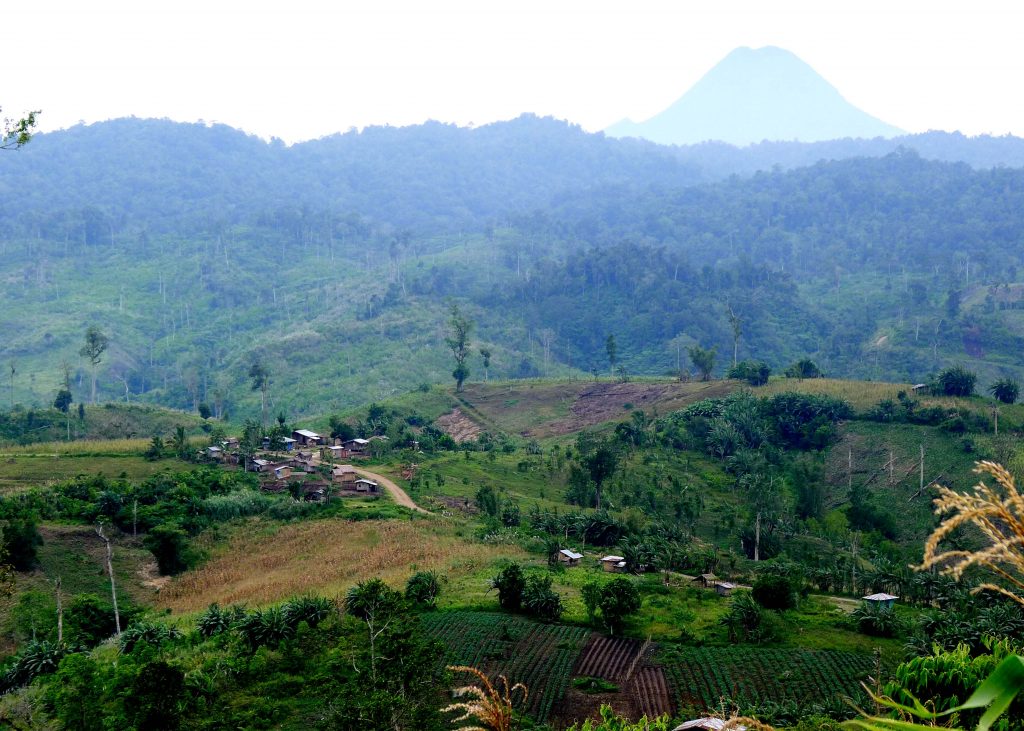
A Catholic diocese in the southern Philippines slammed the government for allowing the controversial US$5.9 billion Tampakan project, Southeast Asia’s largest known undeveloped copper and gold minefield, to proceed in the ancestral lands of indigenous peoples.
Bishop Cerilo Casicas of Marbel expressed sadness over the decision of the National Commission on Indigenous People’s (NCIP) to issue a “certification precondition” or “CP” to Sagittarius Mines, Inc., developer of the Tampakan project that straddles four provinces in Mindanao.
A “CP” is a certification that indigenous cultural communities have given their consent to the mining venture within their ancestral domain and that a “Free, Prior and Informed Consent” process has been satisfactorily complied by the company.
“Despite the lingering issues and strong opposition of indigenous peoples, NCIP still issued the certificate…. The NCIP did not listen,” said Bishop Casicas in a statement obtained by LiCAS.news on Wednesday, November 4.
The prelate said the municipality of Tampakan has even withdrew its support for the project in August.
Bae Dalena Samling, chieftain of the Danlag Tribal Council in Tampakan and a staunch supporter of the project, lauded the NCIP decision in favor of Sagittarius Mines.
“There’s a lot of struggle between the tribal councils and the company during the process, that’s why it took so long to finish,” said Samling.
The mining company has yet to issue a public statement on the recent development.
Despite the development in favor of the mining company, Bishop Casicas said “law and justice” will be on the side of the people. “The Diocese of Marbel will continue to amplify the voice of conscience until our government leaders (will) listen,” he said.
Allen Capuyan, NCIP chairman, issued the “CP” on September 19.
After almost a month, a local court dismissed a petition by tribal councils within the project area to revoke the open-pit mining ban imposed by the provincial government since 2010.
On October 12, Judge Vicente Peña, acting presiding judge of Regional Trial Court 11th’s Judicial Region Branch 24, ruled against the tribal council’s petition, saying the open-pit mining ban in South Cotabato not only remained valid but was also deemed legal and consistent with the provisions of the 1987 Constitution.
Bishop Casicas welcomed the court’s decision, saying the ruling “is very well aligned with the Catholic Church’s encyclical on the environment, the ‘Laudato Sí.’”
“Truly, this is an answered prayer, not only for the believers of the Catholic faith, but also for the people of South Cotabato and the neighboring provinces,” he said.
“With this decision, we are convinced that [the] law and the legal system could be truly used to attain social justice for the people and the environment,” added the bishop.
The Tampakan project has the potential to yield an average of 375,000 tons of copper and 360,000 ounces of gold in concentrate per year within the 17-year-life of the mine.
In an earlier study, the mining company said open-pit mining method is the most viable means to extract the deposits deep in the earth’s surface.
Source: Licas Philippines
0 Comments